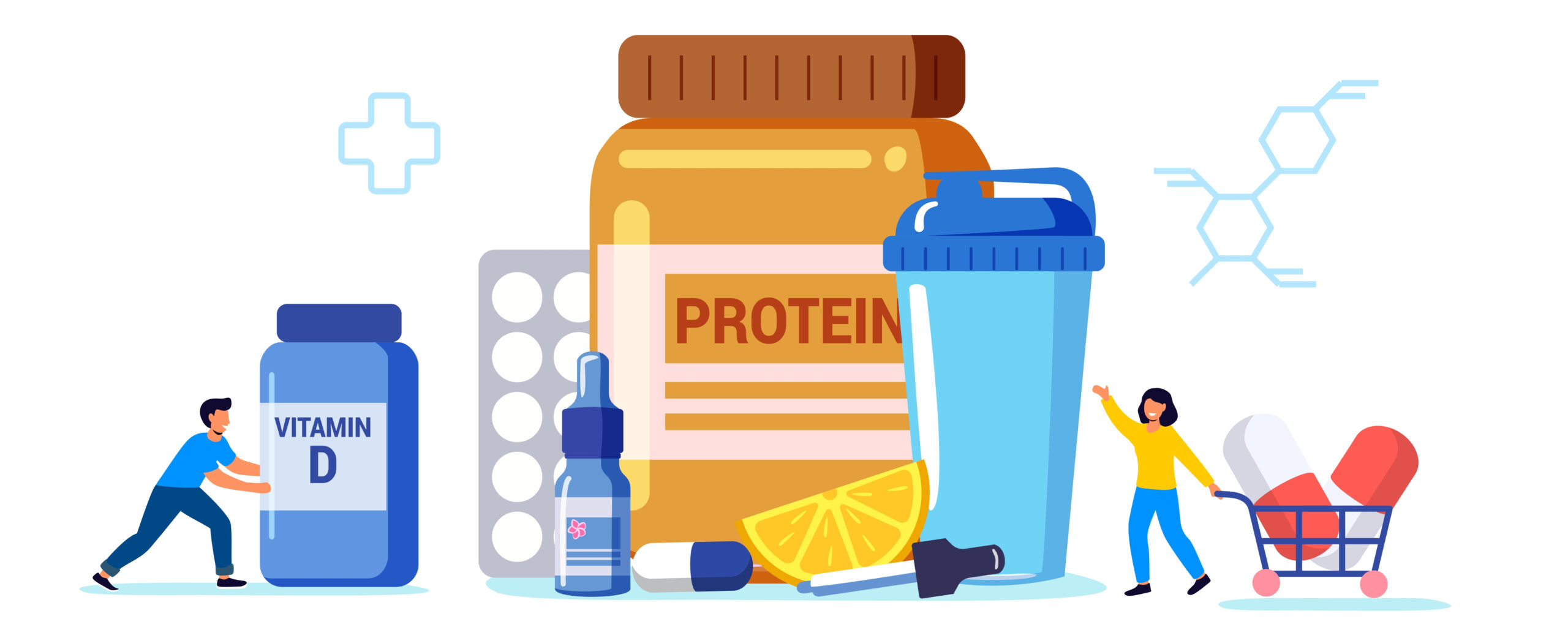
5 Ways Vitamin Patches Work Better Than Regular Vitamin Pills
Daily calcium needs are 1,200-1,500 milligrams per day after a sleeve gastrectomy or Roux-en-Y gastric bypass. After a duodenal switch, you need 1,800-2,400 milligrams per day of calcium. The calcium consumed from food counts toward your daily goal. If your diet is high in calcium, you should adjust how much you take in supplemental form.

Dietitian Approved Meals for Bariatric Patients. recipes bariatric
Main takeaways. Nutrient delivery via a vitamin and mineral patch has not been studied in post bariatric surgery patients and cannot prevent all nutrient deficiencies common in this population. The risk of nutrient deficiencies increases as you progress from surgery. Numerous factors can influence the body's ability to absorb nutrients via.
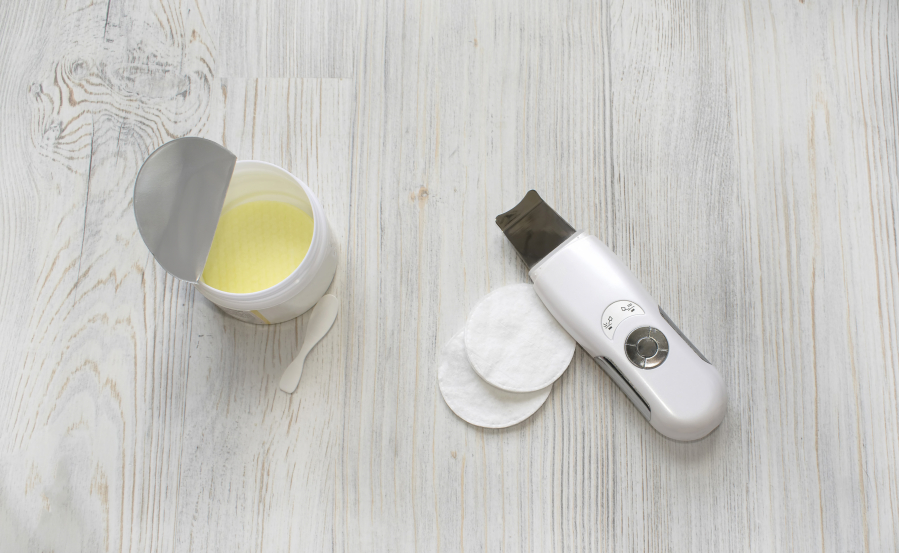
Do vitamin patches actually work? The Columbian
PatchAid Patch Packs for Bariatric Patients. PatchAid has Patch Packs for surgery patients. Patches in these packs have been hand-selected by nutritionists and are designed to include the nutrients that are of greatest concern for each type of surgery.*. Gastric Sleeve Patch Pack with Multivitamin Plus, Vitamin B12 Energy Plus, and Vitamin D3.

Quinn on Nutrition Do vitamin patches work? Ponca City News
• Bariatric Multivitamins are also available with different amounts of Iron, choose one that meets your individual needs and eliminate the need for a separate Iron supplement as well. • AVOID GUMMY Multivitamins. Gummies do not have all the vitamins and minerals you need. Multivitamin Options Serving Size Per Day Amount of Iron

do vitamin patches work for bariatric patients Building Binnacle Ajax
Weight Loss Vitamin Patches. If you're a bariatric surgery patient, you're sure to be working hard to lose weight. For those efforts, you deserve to lose as much weight as possible. That's what our weight loss patches are designed to help you do. These vitamin patches are specially formulated to support weight loss through different pathways.
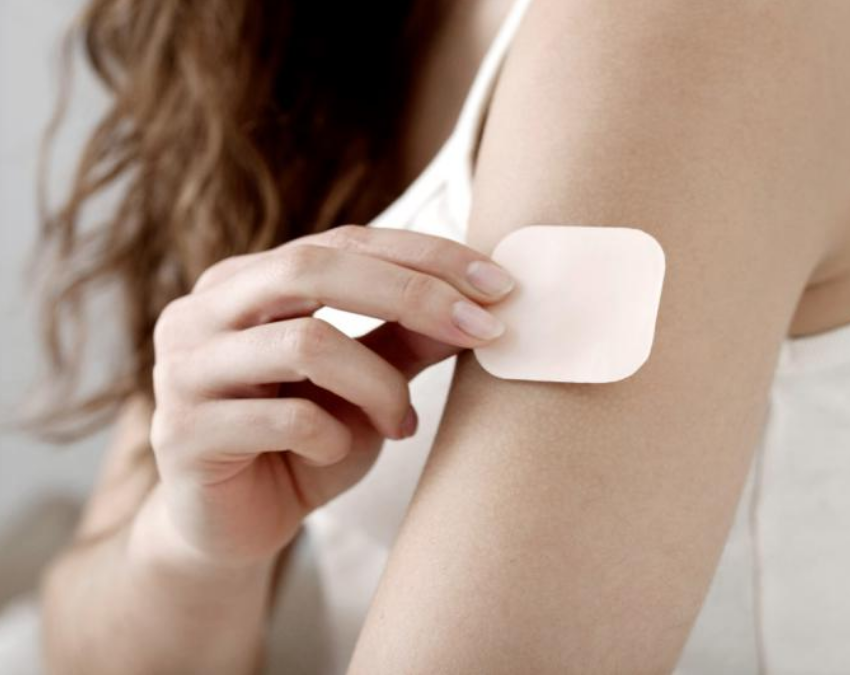
do vitamin patches work for bariatric patients LizethteHensley
Among bariatric surgery patients, adherence to micronutrient supplementation regimens can be challenging. Pill burden is one of the inconveniences of traditional oral supplementation thus inspiring alternative approaches including transdermal delivery of micronutrients via vitamin patches. While there are marketing campaigns recommending this route; currently, there is not any high quality.

Do Vitamin Patches Work? How Effective Are They?
Unfortunately, there are few human studies to support the exclusive use of skin patches for the types of vitamins needed by gastric bypass patients.. Do vitamin patches work? (2021, November 5.
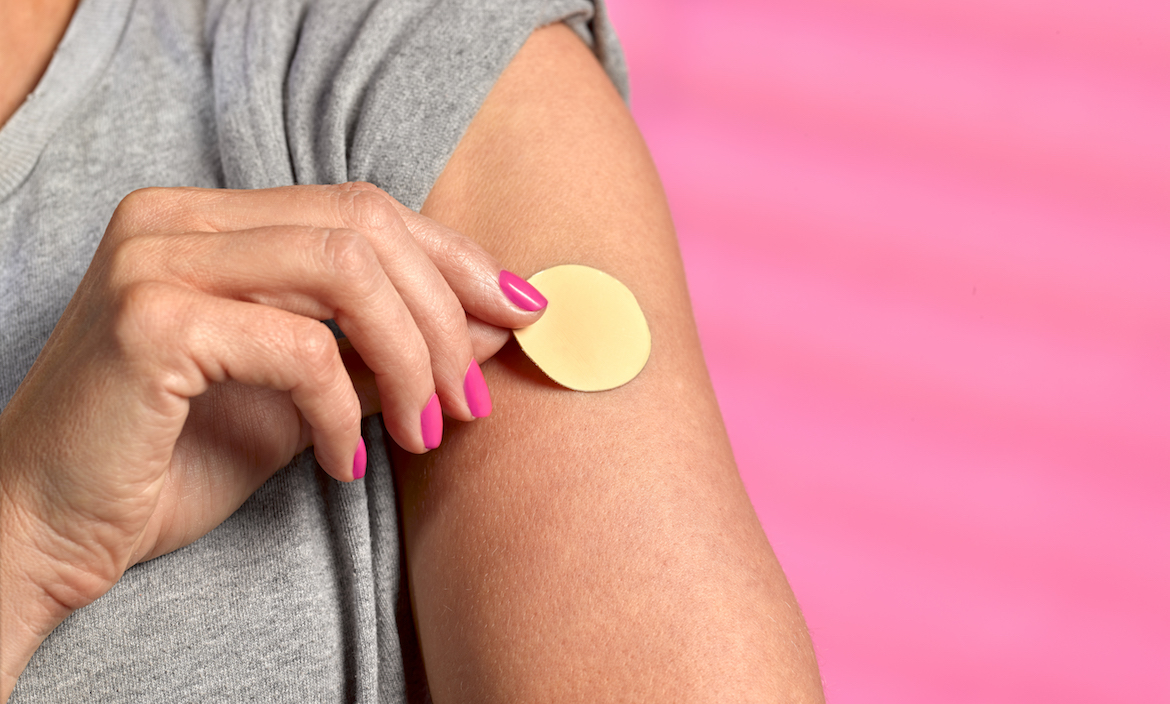
Do Vitamin Patches Work? Experts Say No Well+Good
Problems with wound healing, infections, loss of hair and dry skin due to zinc, protein or vitamin C deficiency; Daily Bariatric Vitamins You Will Need Post-Surgery After bariatric surgery, most patients will need to take 2-4 supplements daily for life. Some of the essential bariatric vitamins include: Multivitamin

Do Vitamin Patches Work? OnMi Patches
Main takeaways. Nutrient delivery via a vitamin and mineral patch has not been studied in post bariatric surgery patients and cannot prevent all nutrient deficiencies common in this population. The risk of nutrient deficiencies increases as you progress from surgery. Numerous factors can influence the body's ability to absorb nutrients via.

do vitamin patches work for bariatric patients LizethteHensley
Vitamins and minerals are important after bariatric surgery for two main reasons. The first is that after bariatric surgery, you absorb fewer essential nutrients from foods. With both the Roux-en-Y gastric bypass and duodenal switch surgeries, part of the intestine is bypassed. This means food will not enter that part of the intestine, and.

What You Need To Know About Vitamin Patches
Particularly, vitamin K, vitamin B12, and vitamin A are too large molecularly to pass through the skin's pores and be absorbed. The American Society for Metabolic and Bariatric Surgery (ASMBS) says that vitamin A and B12 are deficiencies that bariatric patients experience the most, and therefore a vitamin patch simply wouldn't be adequate.
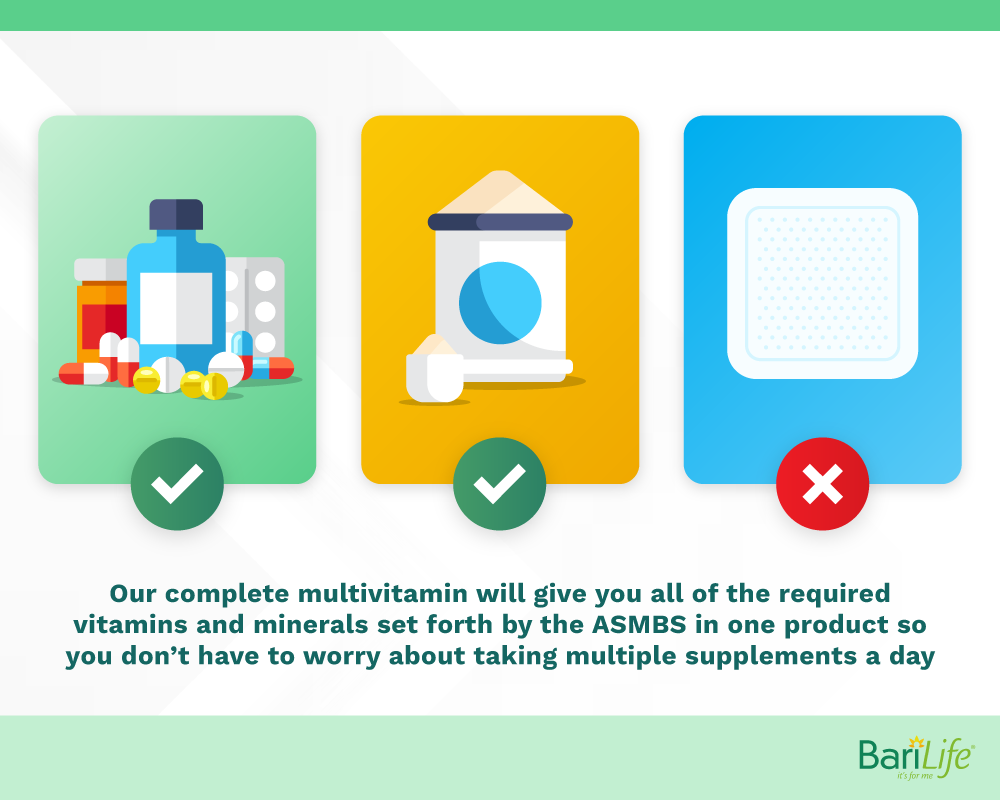
do vitamin patches work for bariatric patients LizethteHensley
There are some nutrients that are proven to be unabsorbable through the skin, including vitamin K, vitamin A, and vitamin B12. Vitamin B12 is one of the most common vitamin deficiencies in bariatric patients after surgery and supplements are always needed. All in all, vitamins are best absorbed through the digestive system, in the form of.

Do Vitamin Patches Work? Here’s What the Experts Say theSkimm
Results: Seventeen patients were included in the patch and 27 in the pill group. Patients in each group used either patch or pills for 12 months and they were 1 year post LRYGB. Fourteen patients (82.35%) in patch group and 11 patients (40.74%) in pill group had at least 1 deficiency at annual postoperative blood work (P = .0116). Vitamin D.

Bariatric Vitamins PatchMD YouTube
Another study showed similar results, revealing vitamin D deficiencies after one year of patch-delivered multivitamins for bariatric patients. So far, the only glimmer of hope is a small pilot study of 30 healthy adults that showed that vitamin D3 can be successfully administered via a patch and that vitamin D status improved in all of the.

Check our VitaminPatch packs for suggestions on which vitamins to get
The Vitamin B12 Patch is another one designed to meet bariatric surgery patients' needs. Bariatric surgery vitamin patches are super easy to use. You don't have to worry about timing of when you use the patches compared to when you have meals or have fluids. Just use them when it's convenient for you.

do vitamin patches work for bariatric patients LizethteHensley
The amount of vitamins and minerals required for a bariatric patient would not be able to fit in a small patch based off of current research. In order for the skin to absorb a nutrient, the molecular size must be smaller than the skins pores. Vitamin A, vitamin B12, and vitamin K have proven to be too large for the skin the absorb.